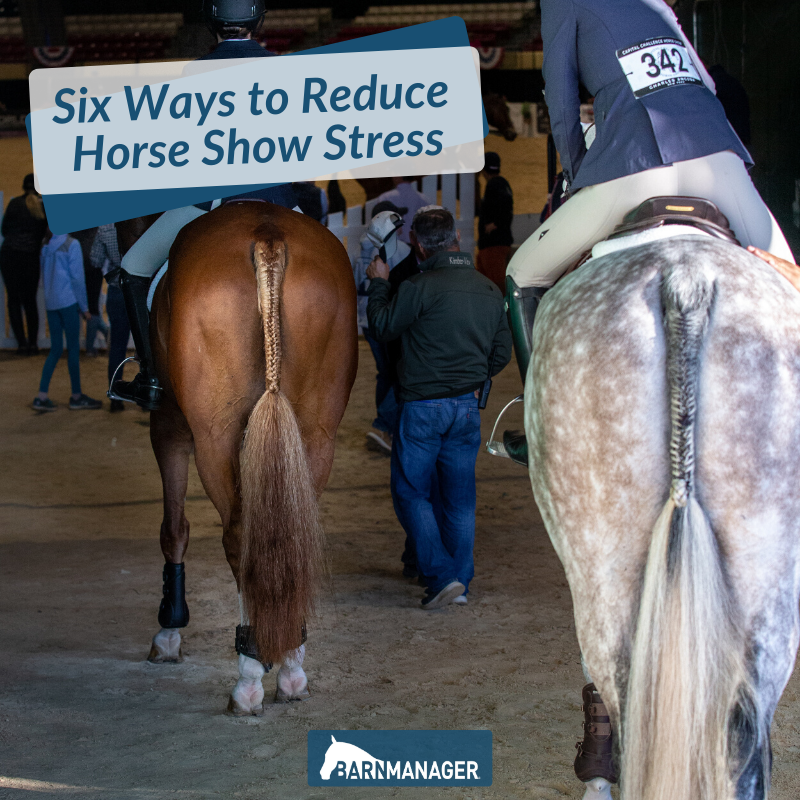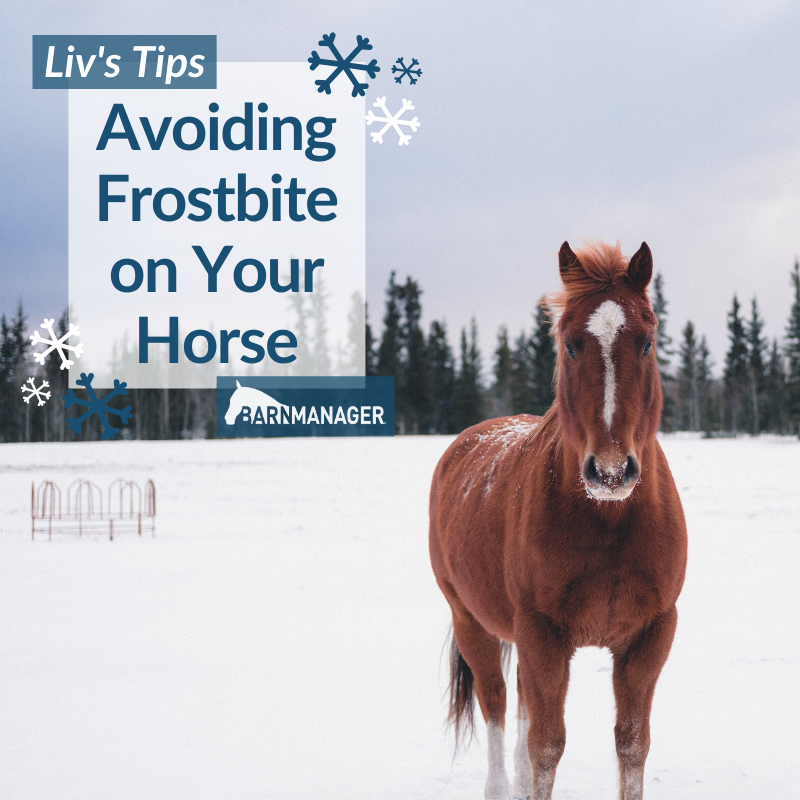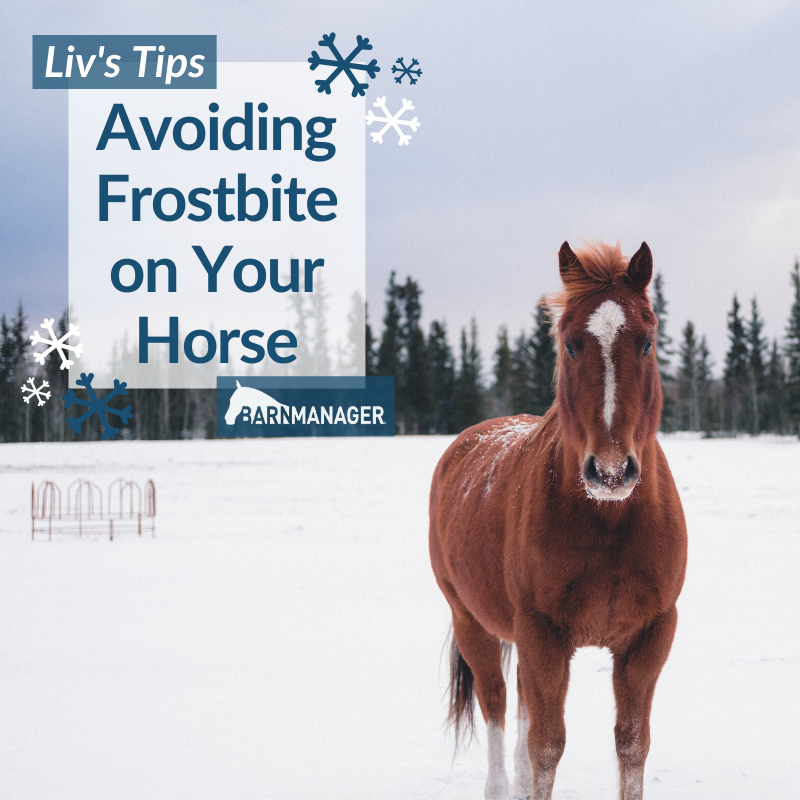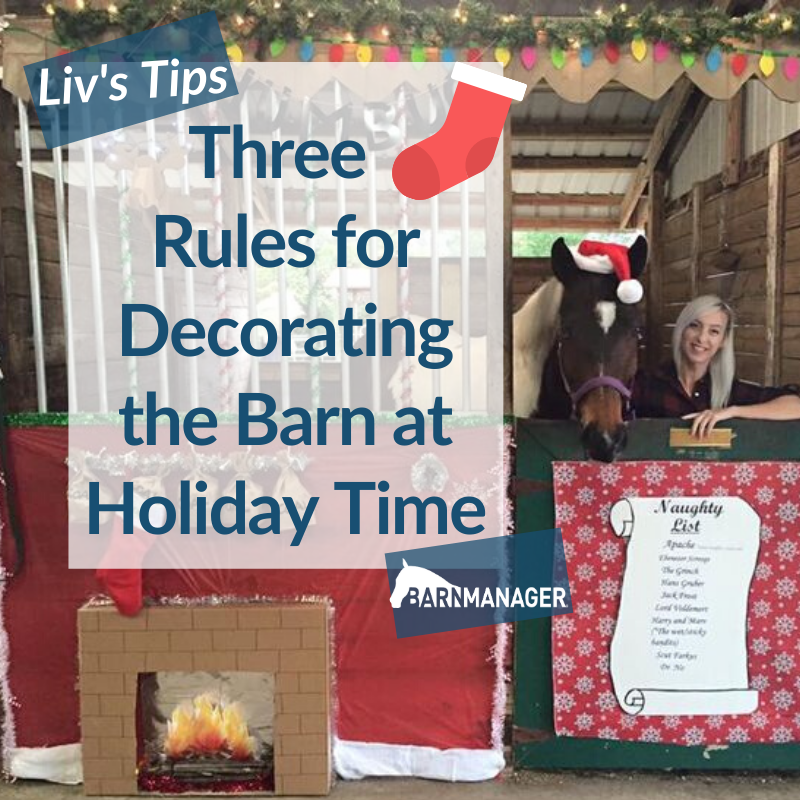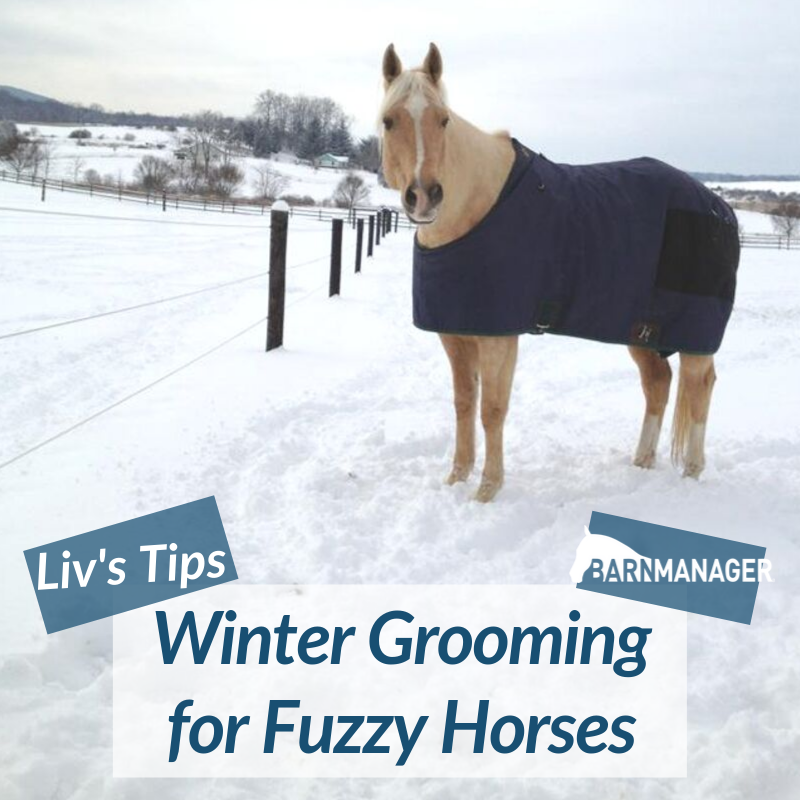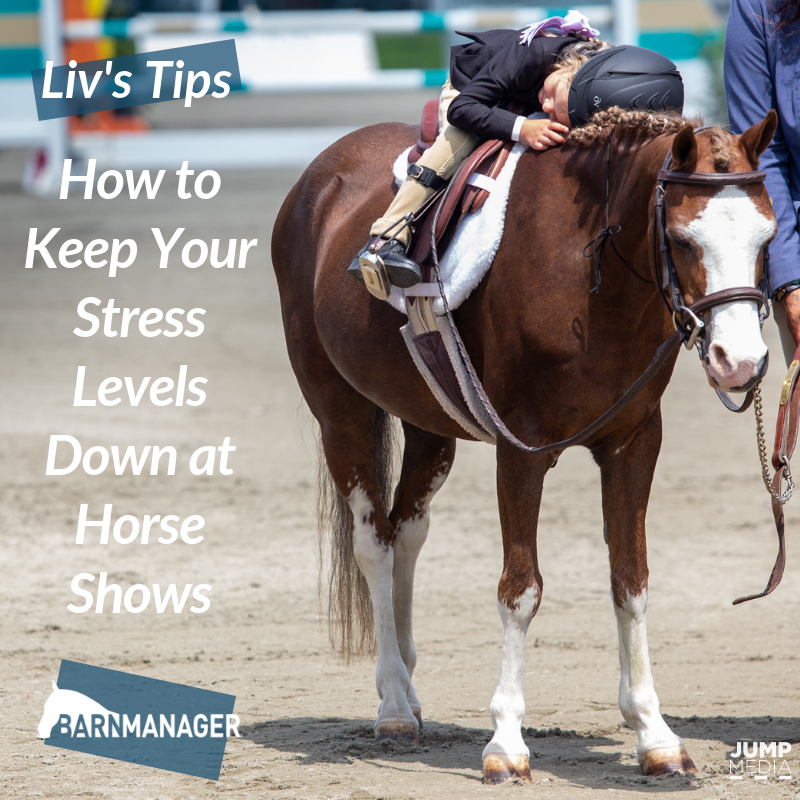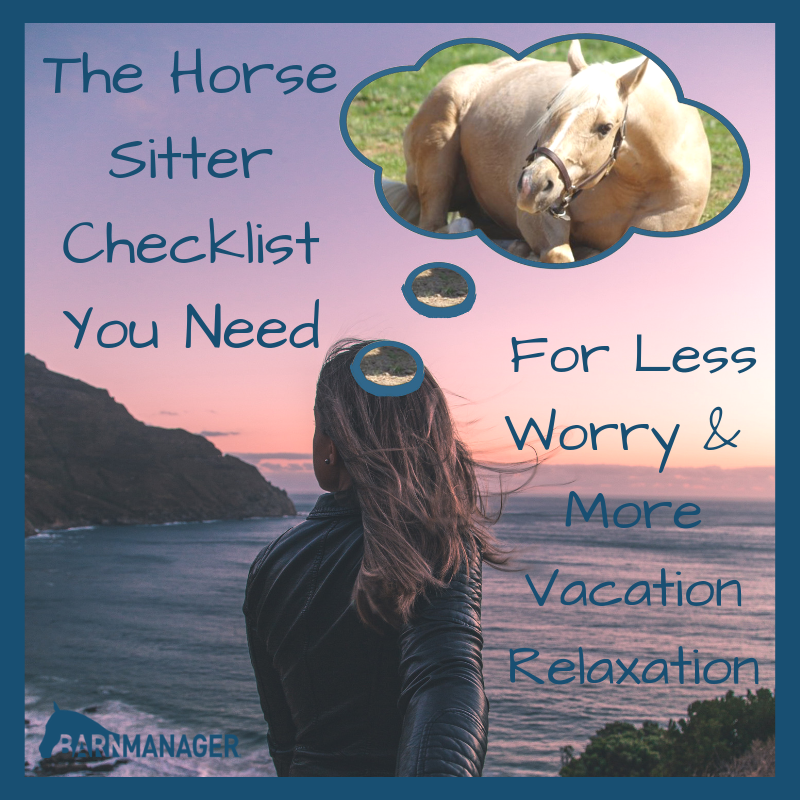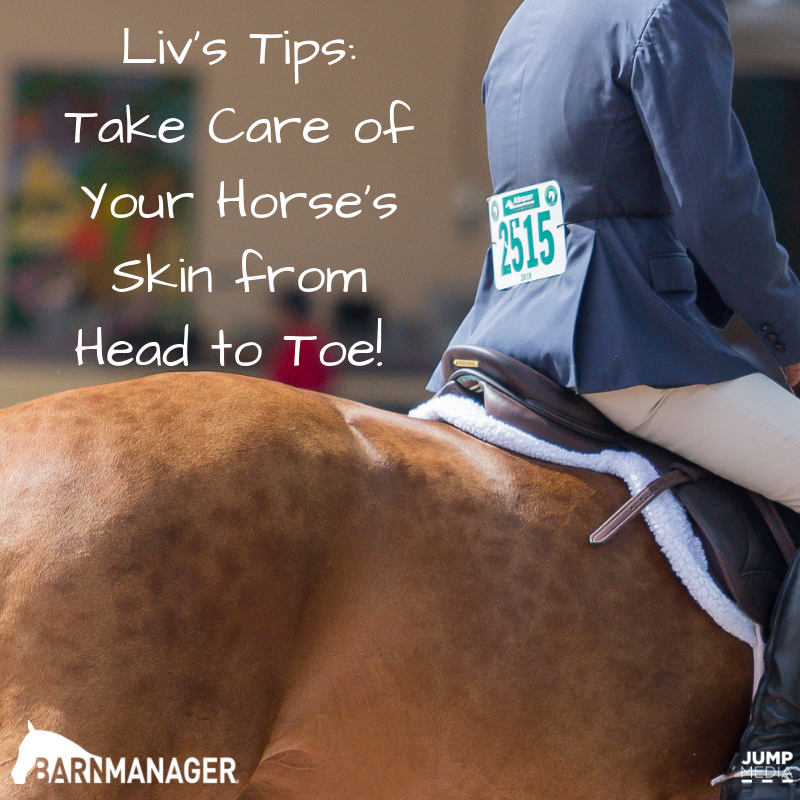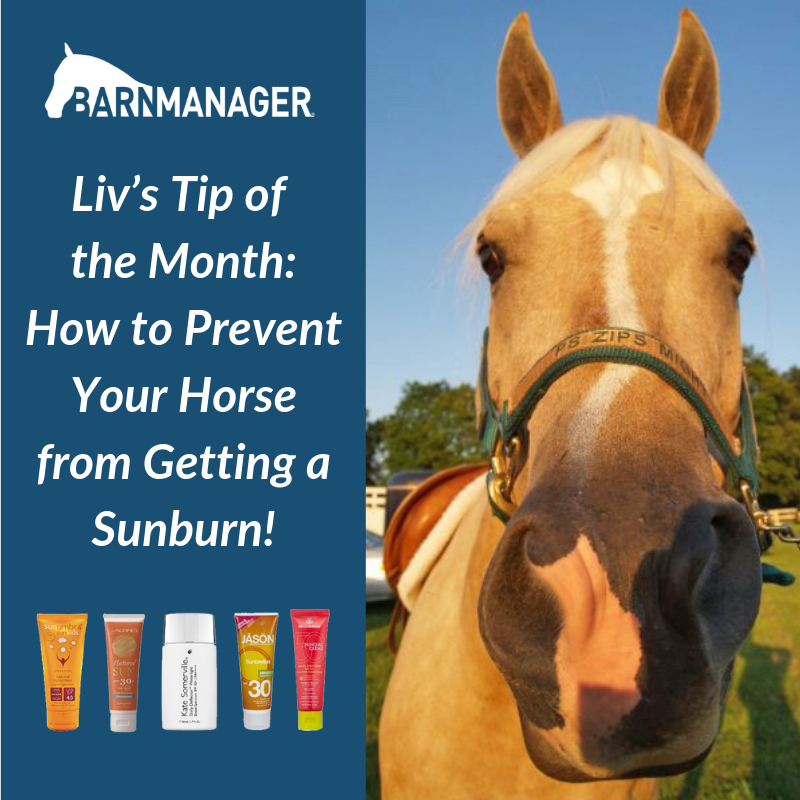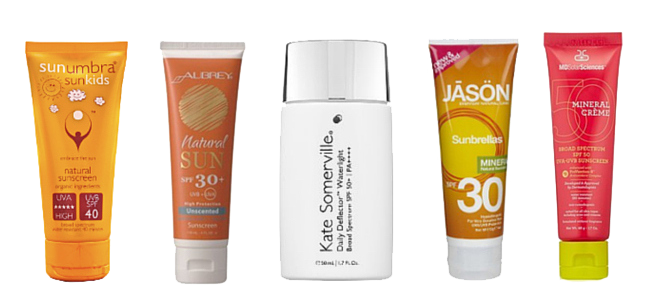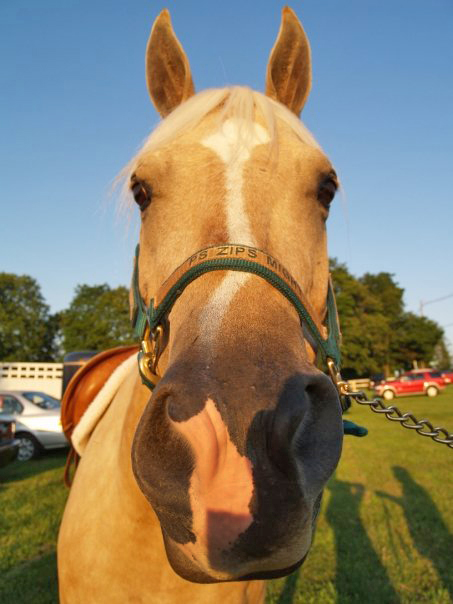This Notice was originally posted by Palm Beach Equine Clinic
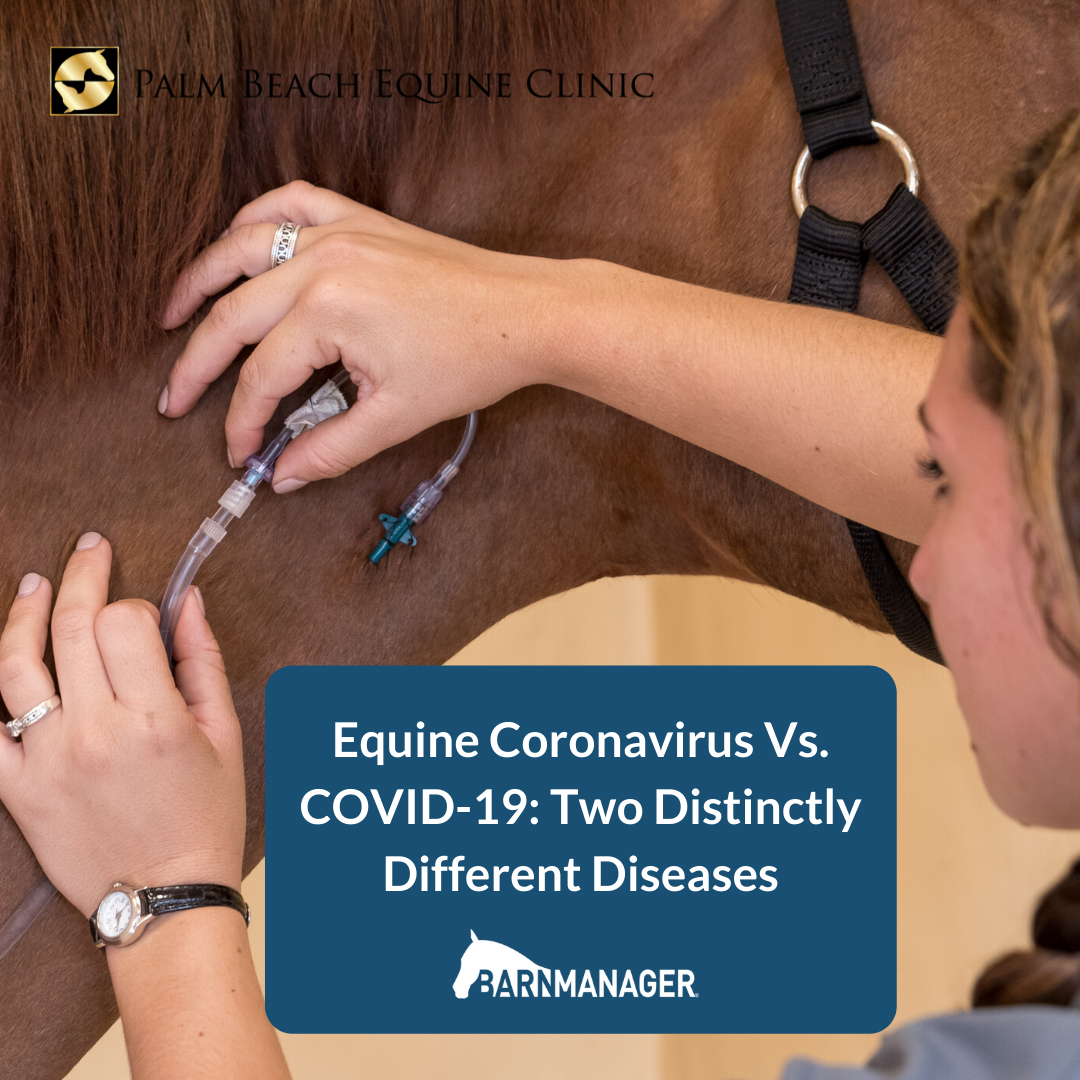 The recent spread of the novel coronavirus has raised serious concerns as the status continues to evolve. As equine veterinarians, Palm Beach Equine Clinic would like to address the questions and concern raised by horse owners regarding the potential impact of this disease on the equine industry.
The recent spread of the novel coronavirus has raised serious concerns as the status continues to evolve. As equine veterinarians, Palm Beach Equine Clinic would like to address the questions and concern raised by horse owners regarding the potential impact of this disease on the equine industry.
Coronaviruses include a large group of RNA viruses that cause respiratory and enteric symptoms, and have been reported in domestic and wild animals. Equine Enteric Coronavirus and COVID-19 are both coronaviruses, however, they are distinctly different viruses.
The Center for Disease Control and Prevention (CDC), infectious disease experts, and multiple international and national human and animal health organizations have stated that at this time there is NO EVIDENCE to indicate that horses could contract COVID-19 or that horses would be able to spread the disease to other animals or humans. Equine enteric coronavirus and COVID-19 are NOT the same strain, and there is no indication that either are transmissible between species.
Therefore, it is important to concentrate on the health of our equestrians by being precautious and following recommendations from public health officials. Palm Beach Equine Clinic will continue to make every effort to stay informed on the developments with COVID-19, and will continue to provide expert veterinary care to all horses regardless of the status of this disease.

Palm Beach Equine Clinic is equipped with secure isolation stalls and follows strict biosecurity measures. Photo by Erin Gilmore Photography
A Profile of Equine Enteric Coronavirus
Equine coronavirus is an enteric, or gastrointestinal, disease in the horse. There is NO EVIDENCE that equine enteric coronavirus poses a threat to humans or other species of animals.
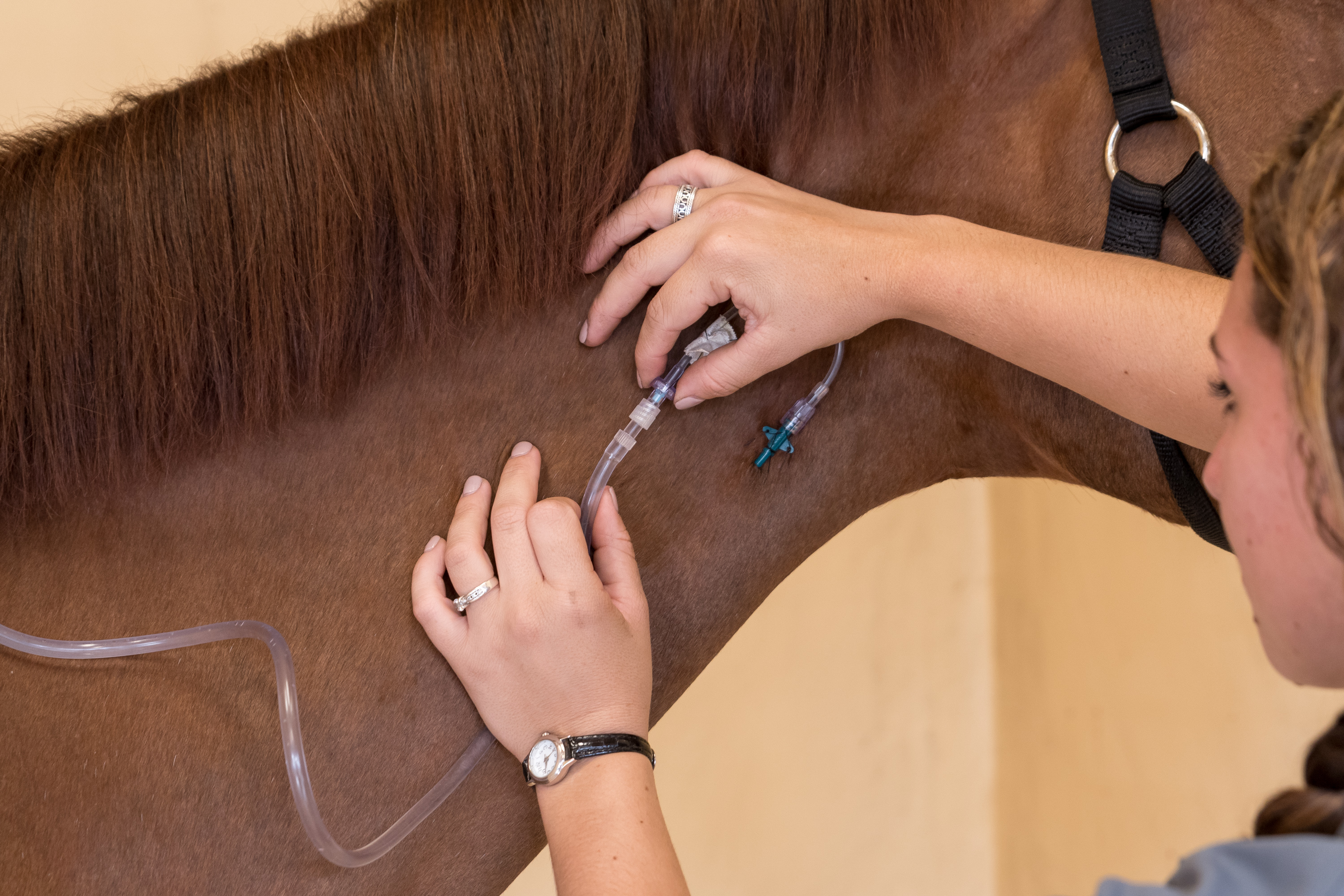
Photo by Jump Media LLC
- Transmission: Equine coronavirus is transmitted between horses when manure from an infected horse is ingested by another horse (fecal-oral transmission), or if a horse makes oral contact with items or surfaces that have been contaminated with infected manure.
- Common Clinical Signs: Typically mild signs that may include anorexia, lethargy, fever, colic or diarrhea.
- Diagnosis: Veterinarians diagnose equine enteric coronavirus by testing fecal samples, and the frequency of this disease is low.
- Treatment and Prevention: If diagnosed, treatment is supportive care, such as fluid therapy and anti-inflammatories, and establishing good biosecurity precautions of quarantining the infected horse. Keeping facilities as clean as possible by properly disposing of manure will help decrease chances of horses contracting the virus.
INFORMATION FOR THIS NOTICE WAS COMPILED USING THE FOLLOWING SOURCES:
Cornell Animal Health Diagnostic Center: https://www.vet.cornell.edu/animal-health-diagnostic-center/veterinary-support/disease-information/equine-enteric-coronavirus
American Association of Equine Practitioners, Equine Disease Communication Center: https://aaep.org/sites/default/files/Documents/Outside%20Linked%20Documents/DiseaseFactsheet_Coronavirus.pdf
